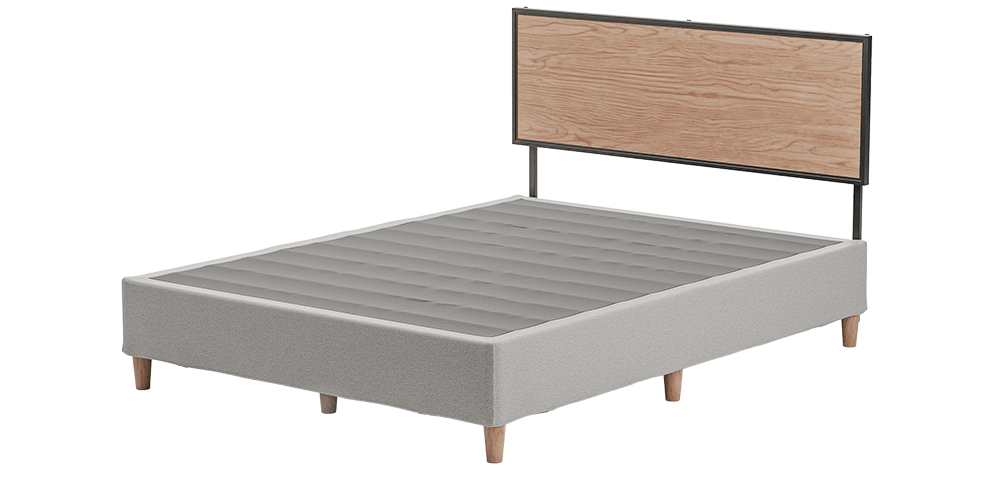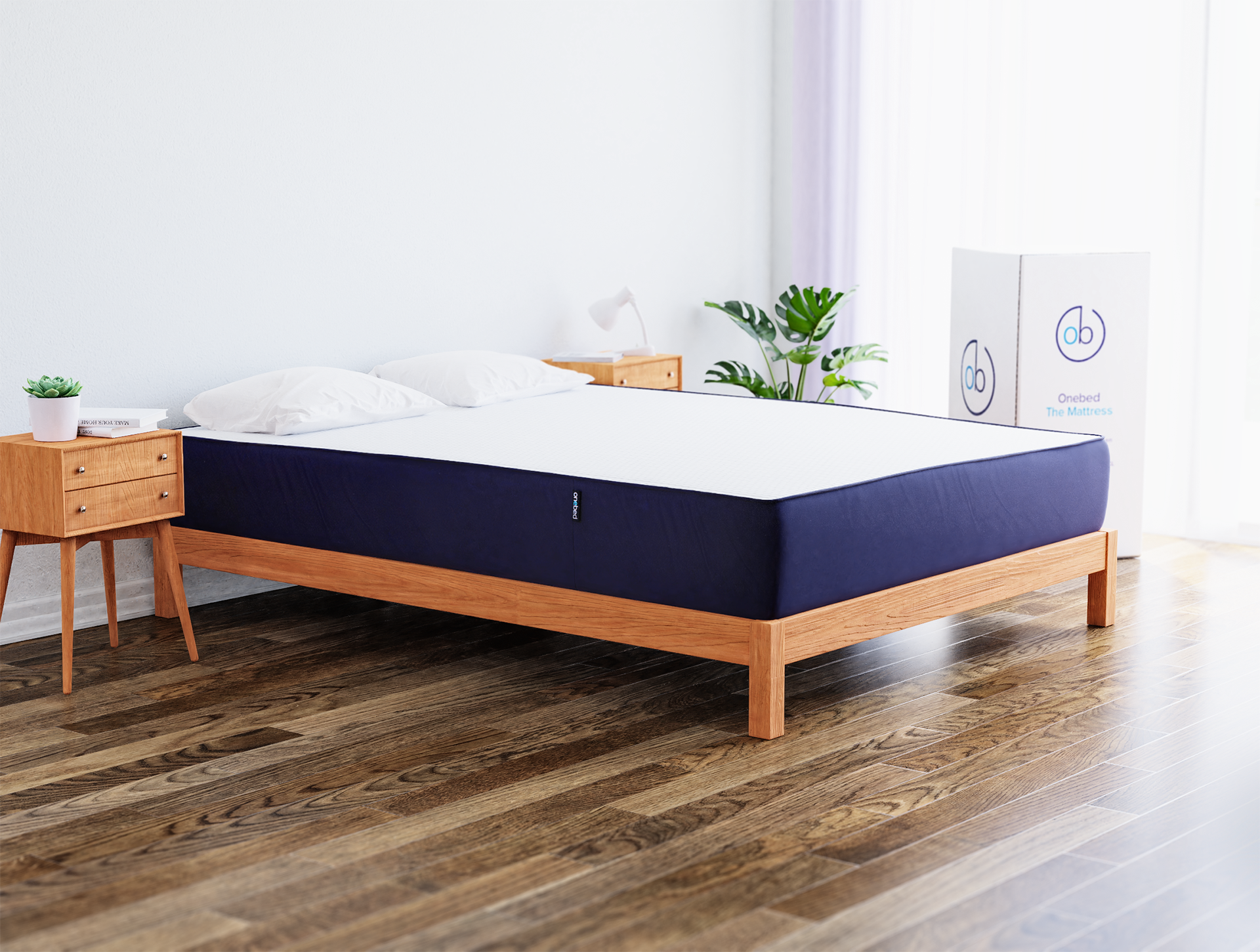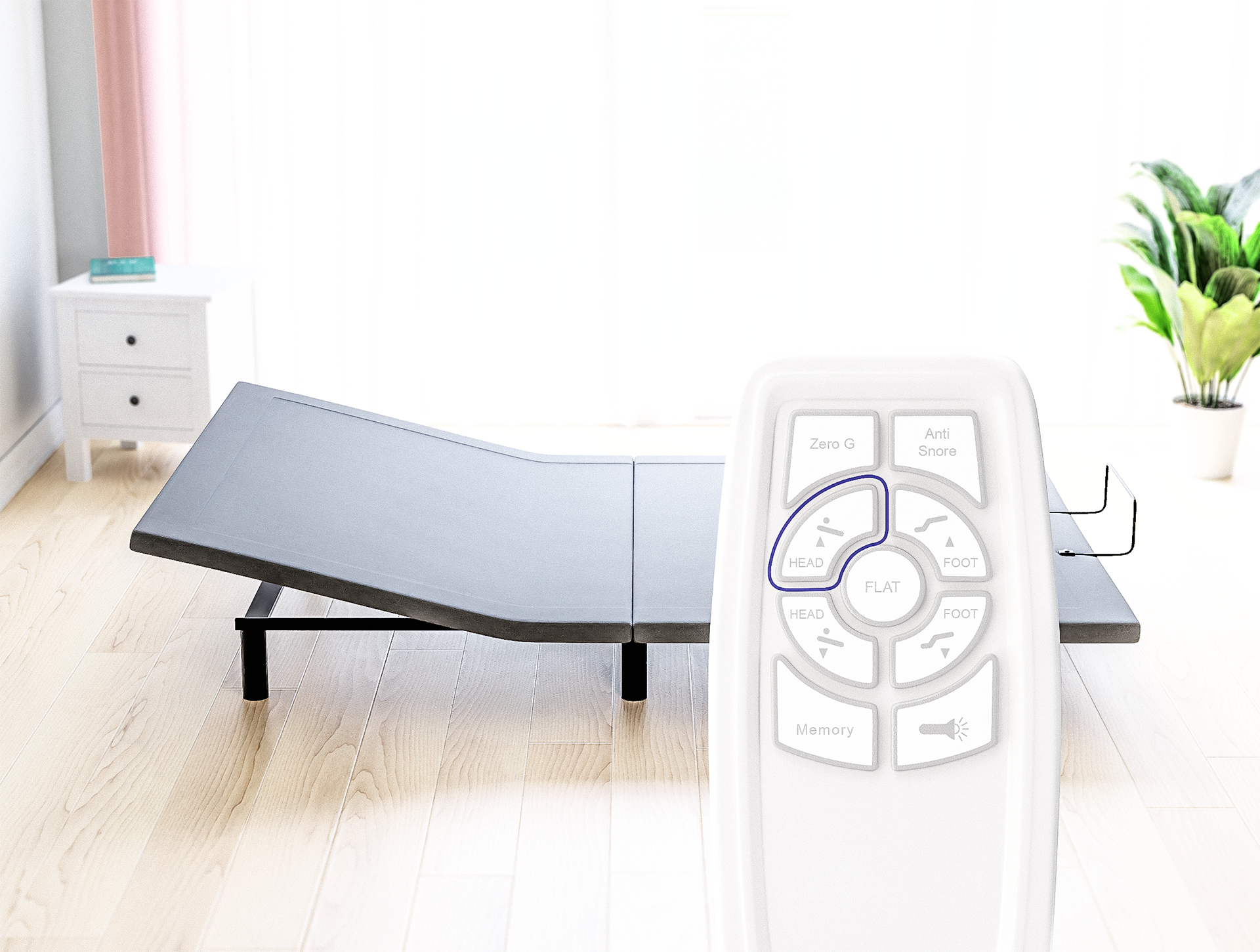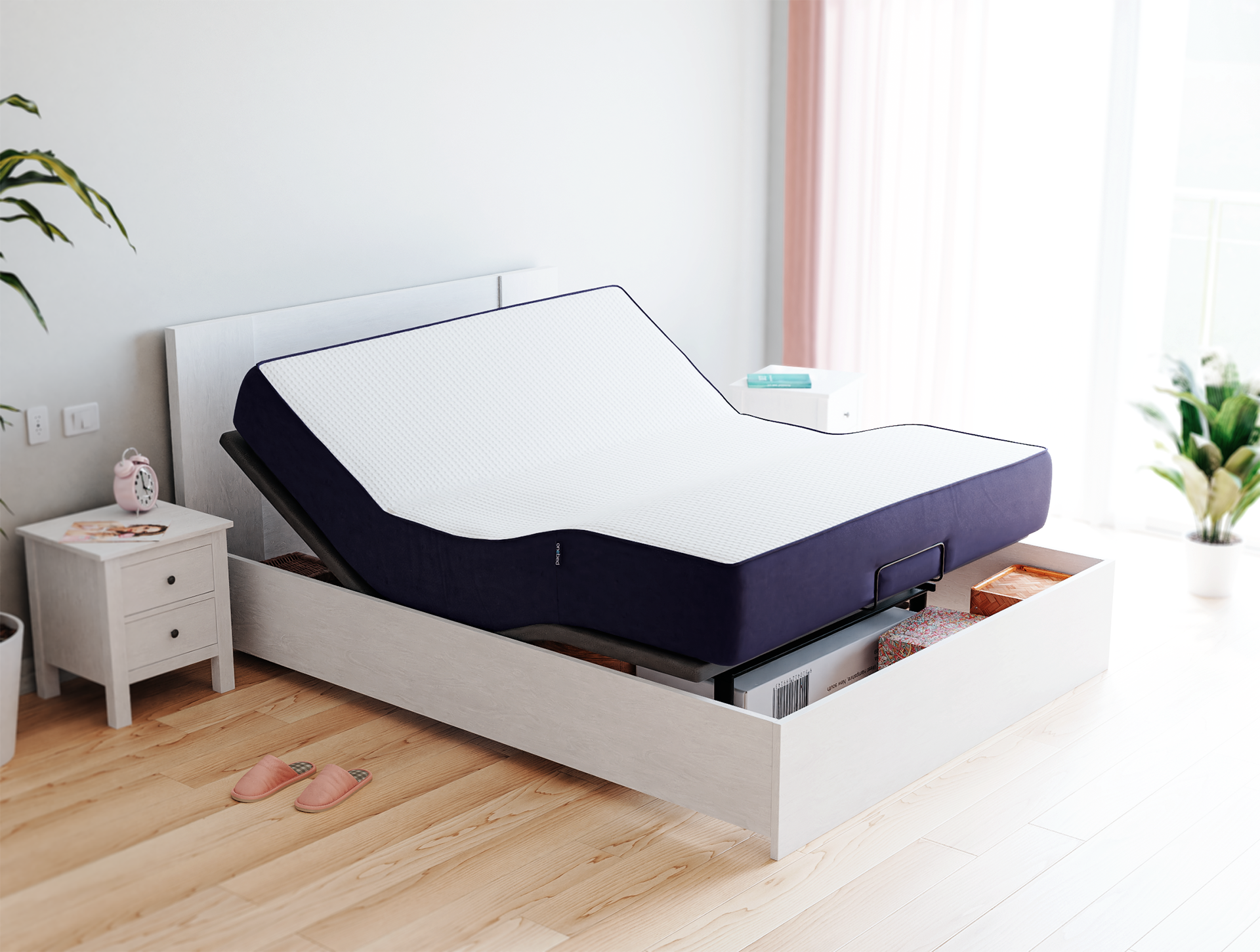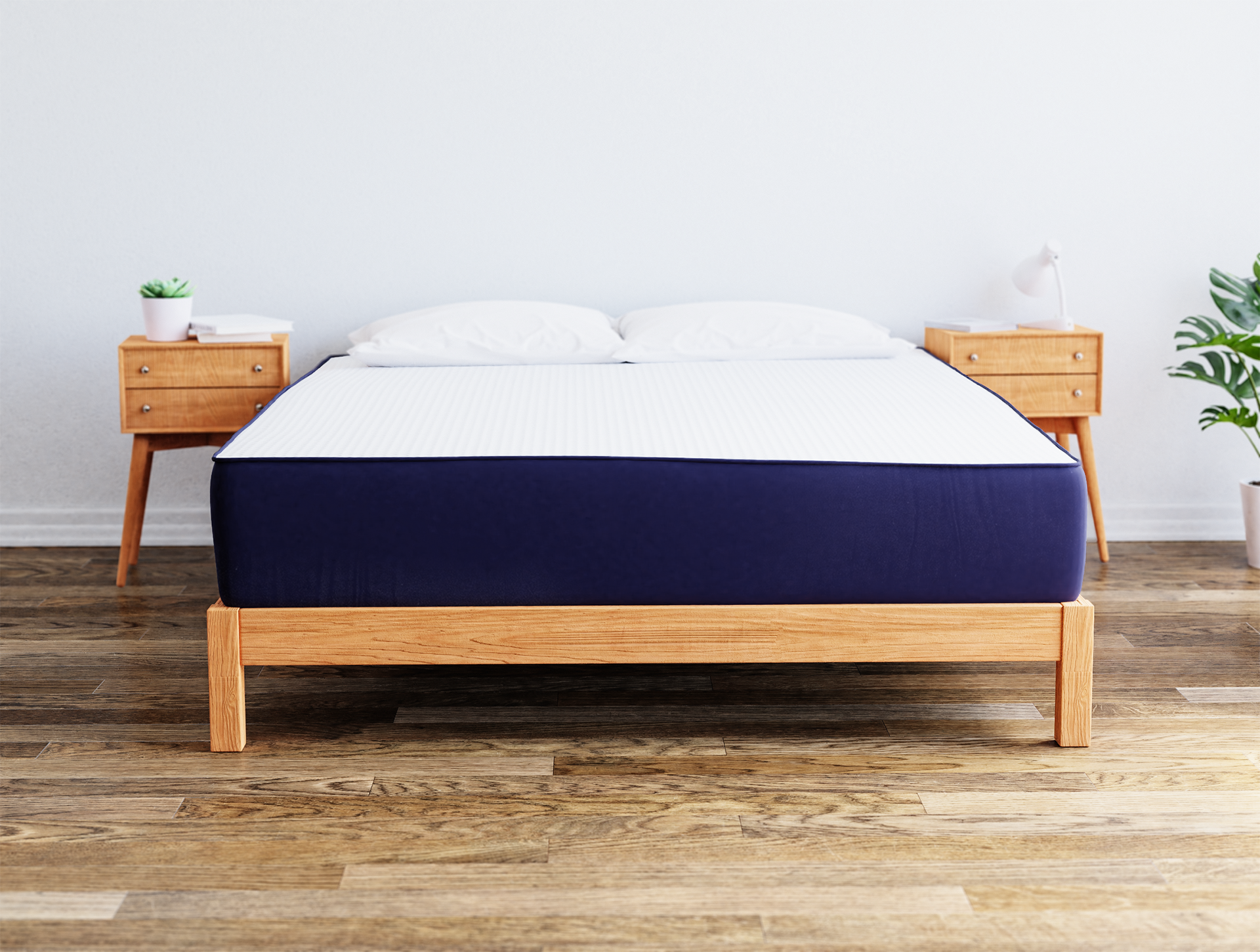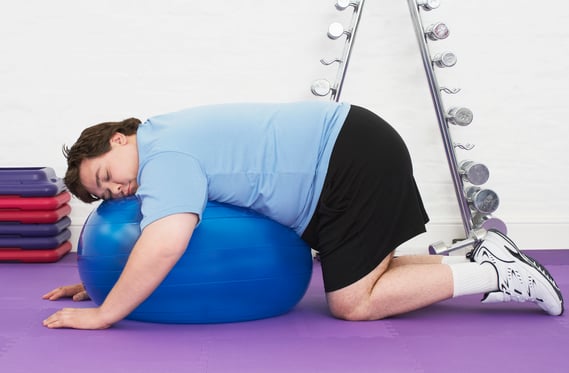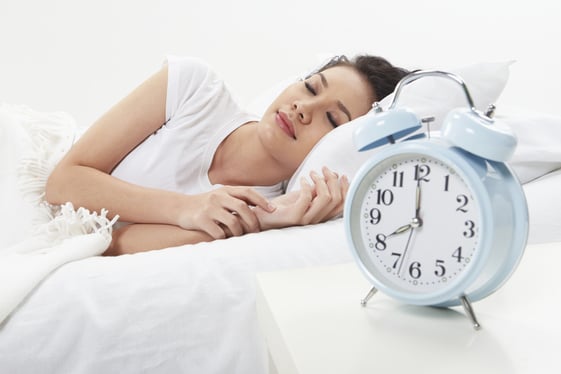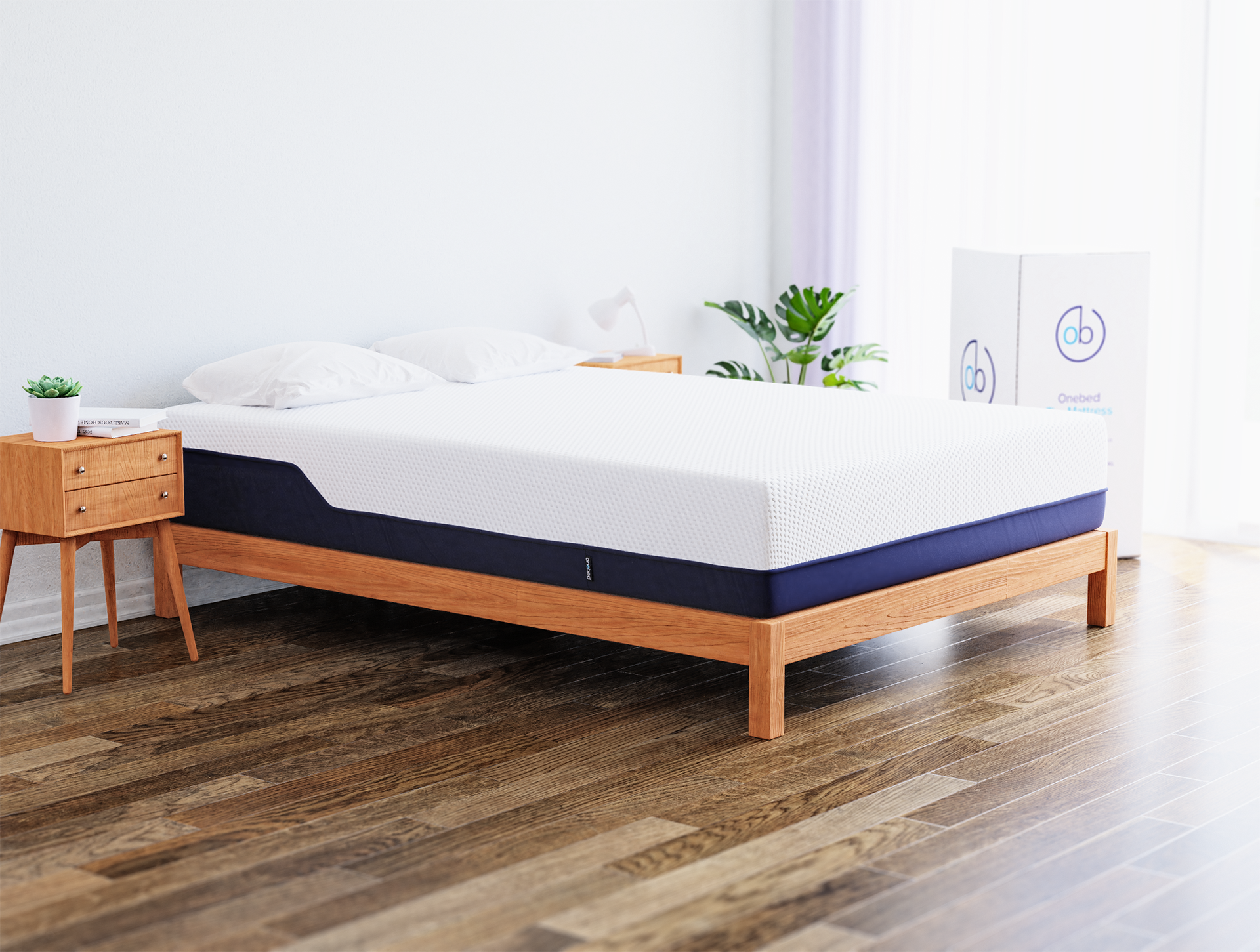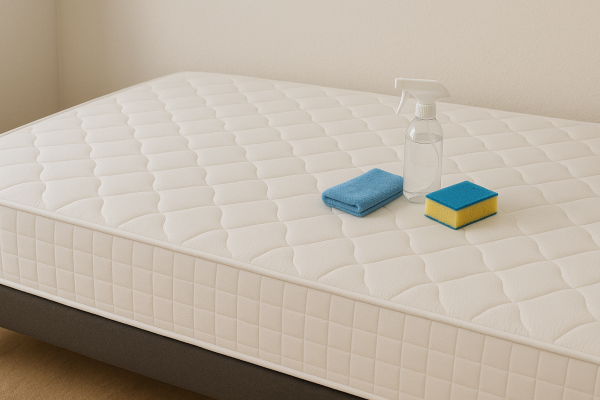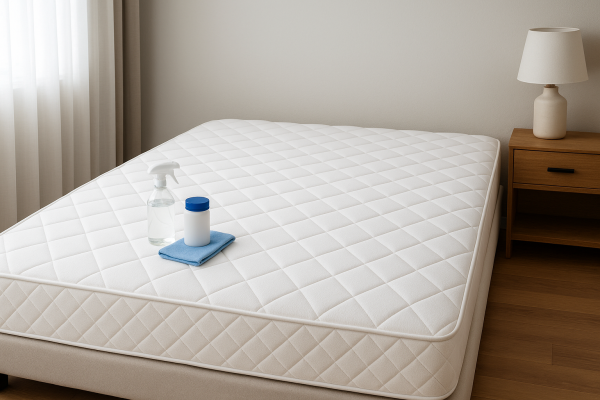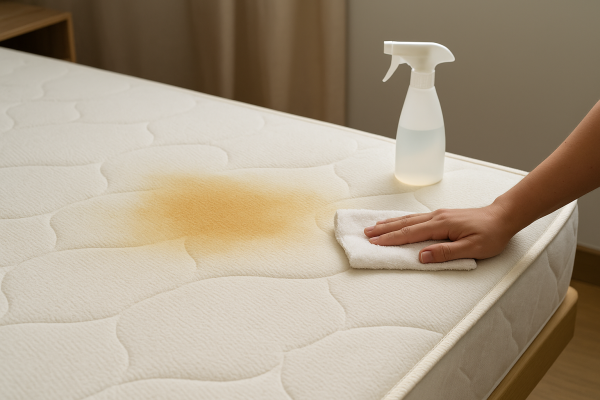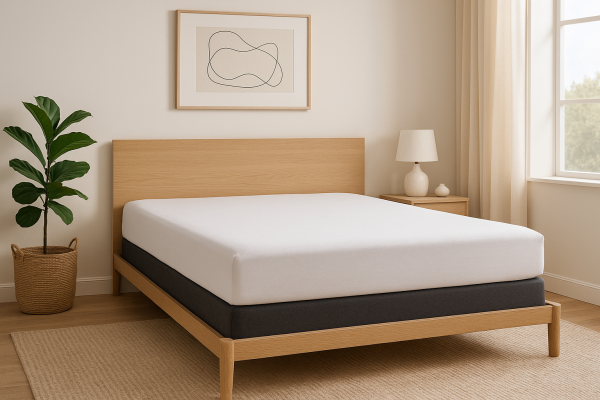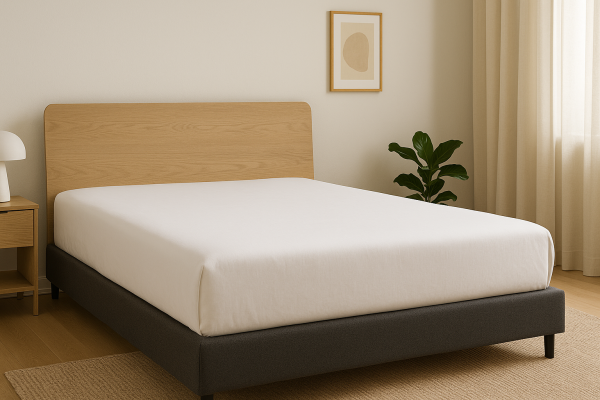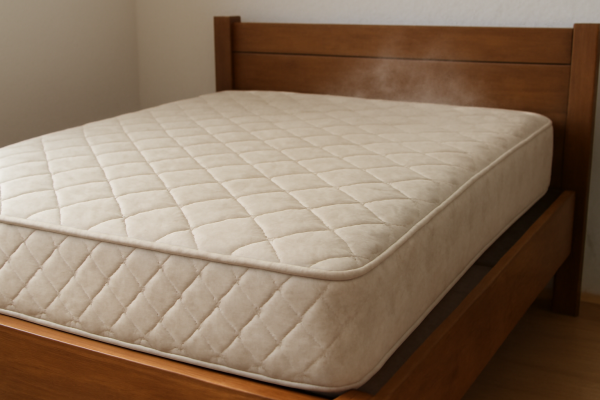You’ve been spending most of your nights on your mattress – 4 – 10 hours for adults, and surprisingly, not too many people have considered changing their mattress unless the springs have come to pop out, or until they’ve started to feel lumpy.
But consider this – since we’ve been spending a lot of time in our mattress during the night, while we are unconscious, it doesn’t make it less important than other furniture and/or appliances that we have at home!
As a matter of fact, one of the main factors of having a good night’s rest is having a supportive bed. A good night’s rest means that you’re doing your health a favor – it helps your body recuperate, helps your muscles repair as you sleep, helps your memory and focus, not to mention, builds your immune system! This is why you must sleep at least 6 hours (for adults) up to 8 hours for optimum health.
What Is The Life Expectancy Of A Mattress?
How long do mattresses last? There’s no specific number of years, but it mostly depends on who uses the mattress, how long it’s being used every day, and also varies depending on the mattress manufacturer as they use various materials.
According to Consumer Reports, a mattress’ life expectancy lasts for about 10 years – but do not take this as a general rule of the thumb. It still depends on various factors such as:
The Type of Mattress And Materials Used
When selecting a mattress, it’s essential to consider factors like firmness, materials, and support to ensure it meets your specific sleep needs.
Quality
You buy for a cheap mattress, then expect that it won’t last you 5 years until you start noticing that your bed starts to sag. This is why it is important only to purchase high-quality bedding’s and mattresses from the beginning. This may seem like a bit much in the beginning, but it’s definitely worth the price since you won’t find yourself replacing it every 3-5 years.
Like what they say, you get what you pay for. Whenever looking for mattresses, always make sure that you check the manufacturer, their reputation in the industry, history, how they compete with other brands and of course, what other people think about their products.
Do not rush into things when choosing a mattress. Always make sure that you take your time when out the in the market shopping for your next mattress. Consider this as an investment and always make sure that you spend enough time comparing brands, choosing from various materials and reading reviews to determine the perfect mattress that’s suitable for your needs.
Age And Weight
Technically, people who are on the heavier side can result in a more compressed or saggier mattress as compared to those who are in the lighter range in the weighing scale. This being said, if you’re heavy, you might find the need to change your mattress a little bit earlier than the others.
On the other hand, as people age, they tend to become more sensitive even to the simplest indentations on your mattress, which may cause discomfort and other health issues. The older you are, your mattress’ life expectancy is a bit shorter than those who are in the younger age bracket.
Lifestyle
Lastly, in our list of different things to consider on a mattress’ life expectancy is the lifestyle. If you’re the type of person who uses the mattress just to sleep in, then goes out of bed in the morning, you’ll find your mattress to be holding way better as compared to those families with kids constantly bouncing around the bed.
Many individuals think that a good bed or mattress is mainly for comfort. While this is partly true, a supportive mattress has a significant impact on your health – both physically and mentally. If you haven’t changed your mattress ever since you can remember, here are the 12 annoying health side effects of sleeping on a bad mattress.
#1 Allergies
Did you know that a single bed can have around 10 million dust mites? While you can’t see them, they’re your sleeping companions – and they’re gross. These dust mites multiply quickly and even see your bed as one huge toilet that they can use. Just imagine lying down on a bed of mite feces – that’s downright disgusting, right?
It’s a good thing we can’t see them, but it’s also a bad thing because we’ll never know how much of these mites are lingering on our bed. If you’re suffering from skin conditions, respiratory allergies, rashes, or other skin reactions, or even having difficulty breathing when you lay down in bed, there’s a possibility that your mattress has bed bugs and mites all over it and that you’re allergic to them and their fecal matter.
A home hygiene expert, Dr. Lisa Ackerley, has mentioned that bed mites have a significant effect if you’re experiencing what they can ass the “sick bed syndrome”. This particular syndrome can lead to different sicknesses and diseases, which can be manifested by various respiratory issues such as colds and unexplained coughs.
Since these mites prefer warm environments, our mattress is the perfect breeding ground for it.
What to do to prevent these from multiplying? Make sure that you wash and change your sheets often, including your pillows and pillowcases. Don’t forget to wash your linens separately. If you have a steam iron, it also pays to steam iron your mattress at least weekly, and use a vacuum cleaner to get rid of the dirt that may have accumulated, which may also cause allergies.
All of these things apply if you have a new mattress and if you want to stop its quick spread. Prevention is something that you can do to ensure that you won’t experience the sickbed syndrome, which then results in other respiratory and skin issues.
If you’ve been using that mattress for years and haven’t taken precautionary steps, it’s time to ditch your bed and get a new one. While as inconvenient as it may sound, continuing to use your bed won’t necessarily make you very ill, but can be a cause of different signs and symptoms that will make your respiratory system weak. It’s best to get a new mattress today and control the mites’ growth, rather than leave it for later when it’s already too late.
#2 Body Pains
Bodily pain is one of the most common complaints, individuals have when sleeping. While some people think that it’s their position, it’s also probably your mattress. As your mattress ages, it starts to sag in the middle where most of your body weight is in as you sleep.
As soon as your mattress starts to wear out, you’ll notice that your mattress will have a curved shape in the middle, which makes your sleeping position awkward and less comfortable, hence, the body pain.
Spine experts have mentioned that this kind of sleeping situation is not far too different from sleeping in a hole. If you feel like that’s uncomfortable, without you knowing it, that’s how you’ve been sleeping for long.
According to chiropractors, old beds or mattresses will just result in body pain, particularly in the back, because of the awkward position and strain on your back whenever you’re sleeping. This can then result in you feeling sleepless, making it difficult to find a comfortable position, and as a result, would make you feel tired as soon as you wake up.
If you keep up with this position, it’s going to be more difficult to doze off and sleep, which in turn can disturb your sleeping patterns, cause sleep disturbances and even make you feel exhausted throughout the day.
Placing pillows strategically behind your knees if you’re sleeping on your back. If you’re sleeping on your side, place your pillows in between your legs to achieve the natural curve of your spine, minimizing back pain as you sleep. Of course, this is just a temporary relief, and still, the best solution is to change your mattress if you’ve noticed signs that it is starting to wear out. Always remember not to put your own comfort and health before anything else.
#3 Insomnia / Sleep Disturbances
A bad mattress may not just cause back pains, but it can even result in insomnia or other sleep pattern disturbances. We already know by now how a bad mattress can make you feel when you’re sleeping, how it can make you feel uncomfortable.
Have you ever felt like sleeping for 8 full hours, but wake up feeling groggy and exhausted? It’s the quality of sleep that you’re getting, and the blame can be pointed to your bed. While 1 or 2 nights of not being able to sleep properly won’t kill you, it’s going to lower your immune system.
But, chronic sleep deprivation, including insomnia, can lead to other more serious health problems. If batteries need charging, consider our body and think of it as a battery that needs to be charged as well.
When you sleep, your body goes through the repair process – it restores and recharges your body. If you don’t get enough sleep because you have a bad mattress, it can also result in poor judgment, drowsiness during the day and even mood swings.
#4 Hygiene Problems
While we sleep, we lose water – about a cup of water every night. So where does the water go? That’s right – it goes through your sheets, then down to your mattress. If this happens, the growth of bacteria, mildew, and mold may occur, which can then result in other health risks.
If you’ve been sleeping on a bad mattress and haven’t been using sheet protectors, your mattress is probably a breeding ground not just for mites, but also for molds and other forms of bacteria. When you inhale this, it could even lead to more respiratory problems and skin issues.
To prevent this from happening, using a waterproof mattress cover on your new bed is the most ideal way to deal with this.
#5 Increased Stress Levels
Stress has different factors ranging from job problems, environmental factors, and health issues. However, one study has also been conducted and has found out that lack of proper sleep causes increased stress levels.
This study involved asking subjects to sleep on their old and bad mattresses for a month. After a month, they were asked to sleep on a new mattress – and the study compared the data. The results were pretty obvious. Cortisol levels, those that indicate stress levels, significantly dropped for the second month.
If you’ve noticed that you’ve started to feel agitated and more stressed lately, consider changing your mattress into a new one.
#6 Promote Snoring
One of the major factors that a lot of people overlook whenever they’re looking for snoring causes would be the mattress. People would blame their pillows, change it, and even try switching positions in the hopes that their snoring would go away.
Unfortunately, if you change your pillows alone and not your mattress, the snoring won’t stop. This is because your old and bad mattress may not be able to support your body well, which blocks your air passageways, which then results in snoring.
While snoring can be pretty annoying for your partner, there are many other dangers associated with it and should be addressed as soon as possible.
#7 Obesity
Yes – your mattress is probably something that we can blame for your unexpected weight change. If you have a bad mattress, there’s a higher chance that you’re sleep deprived or that you’re not getting enough amount of sleep.
Studies have revealed that those who are sleep deprived tend to binge-eat and even overeat for their body to compensate for the energy that wasn’t recharged from an adequate amount of sleep.
Your bad mattress can keep you up at night, and if you can’t sleep, some people just tend to get up for snacks – which will then cause obesity. Additionally, as you sleep, your hunger levels are greatly affected. Without getting enough sleep, your body will feel more hungry, which will then lead you to eat more than what your body is required.
#8 Heart Risks
You may not know this, but if you don’t sleep well, your heart tends to work harder, putting your heart at risk. According to the European Heart Journal, based on their recent study, people who have sleep problems are 48% more likely to develop heart ailments.
Some signs may include an increase in blood pressure. When you sleep, your heart starts to work less. But if you’re awake or having difficulties with sleep onset because of a bad mattress, your heart may have to work twice as hard – and that’s the last thing that we want to happen. We don’t want to strain our heart.
Sleep cycle interruptions have also been found out to increase blood pressure. Without proper sleep, your body won’t be able to release hormones responsible for regulating stress, making it even more difficult for your heart and can lead to heart problems, including heart attacks.
#9 Dry, Dull Skin
Aside from the bed bugs, mites and other bacteria that could cause rashes, your skin may feel dry and less glowy. Lack of sleep can do this to your skin, and the moment that you’ve noticed that you’re not getting enough sleep, you may want to consider getting a new mattress as soon as possible.
#10 Weakened Immune System
Sleeping on bad quality beds can result in poor sleep quality. When you don’t sleep well, your immune system is compromised. When this happens, your body won’t be strong enough to fight off bacteria and viruses which then lead to colds, coughs and even more severe types of illnesses.
As we sleep, we go through different sleep stages, and all of these stages are crucial in helping our body recover from all the activities during that day. Proper sleep means that your body’s antibodies will be able to ward off all of the foreign bodies that may enter your system.
Have you noticed that your health is starting to suffer the moment you start pulling all-nighters? This is how detrimental sleep is to our health. It doesn’t just help with our mood, but everything is interconnected with each other and can even help improve our immune system.
And this doesn’t just involve getting 8 hours of sleep – that should be 8 complete hours of quality sleep. There are various sleep trackers that you can check out that measures your light sleep, REM and deep sleep and helps you analyze on which area you need to improve on.
If you’ve noticed that you’re not getting enough light and deep sleep, your body will still feel weak and you’ll wake up exhausted despite sleeping for 12 full hours. Quality sleep is more important than quantity. If you’ve tried everything and still can’t get quality sleep, changing your mattress might just change it.
#11 Depression
This is probably one of those things that not too many people talk about – but lack of sleep can lead to depression, anxiety attacks and can even put a toll on your mental health. Your mental health is as important as your physical and emotional health, so do not take this for granted.
Some people have been having problems getting good quality sleep, hence, they start to feel moody, their immune system starts to go down and they get sick more often, which can then take an emotional toll on their mental health, causing depression and anxiety.
There’s a gray area here, but there are numerous studies conducted that links sleep and depression, and this is something that we don’t want to risk. As early as you can, try and seek professional help and address these issues as soon as possible.
#12 Poor Memory
As we sleep, we go through different stages, one being the REM stage, which is responsible for helping retain and make memories. With poor sleep because of a bad mattress, you would have poor memory and would have difficulty remembering things.
This has been proven true based on a study conducted on two set groups. One who has enough sleep, the other group was sleep deprived. The first group who was able to get enough amounts of sleep were able to remember things better as compared to the group without enough sleep.
So if you’re feeling a little bit groggy and can’t remember and process new things, it’s probably because of your sleep quality, which is caused by a bad mattress.
Final Thoughts
Sleeping on a bad mattress is detrimental to one’s health – as you can see in the examples above. Whether you’ve experienced just a symptom from the above examples or multiple ones, there’s no harm in changing your mattress and finding good quality ones.
You’ll be surprised by how this simple change can make your life better. The sooner that you get quality sleep, the sooner these signs and symptoms would go away. You no longer have to worry about your sleeping position and wouldn’t wake up with a sore back.
You no longer have to worry about getting sick most of the time because you’re getting enough sleep, and your immune systems strong. You no longer have to deal with your mood swings, which isn’t healthy for your mental health, but could also take a toll on your relationships with other people.
As soon as you’ve changed your mattress, take these precautionary steps to protect your bed to keep it at its top shape for years. A waterproof cover or sheet, a topper are some things that you may want to add to your purchase. Regularly cleaning your mattress can help reduce allergens and extend its lifespan. Additionally, you may also want to take into consideration washing your linens weekly, changing your pillows and bed sheets regularly to prevent mites and stop them from growing and even invest in a good pillow to even help you support a better sleeping pattern.









